.png)
Coukos Lab members
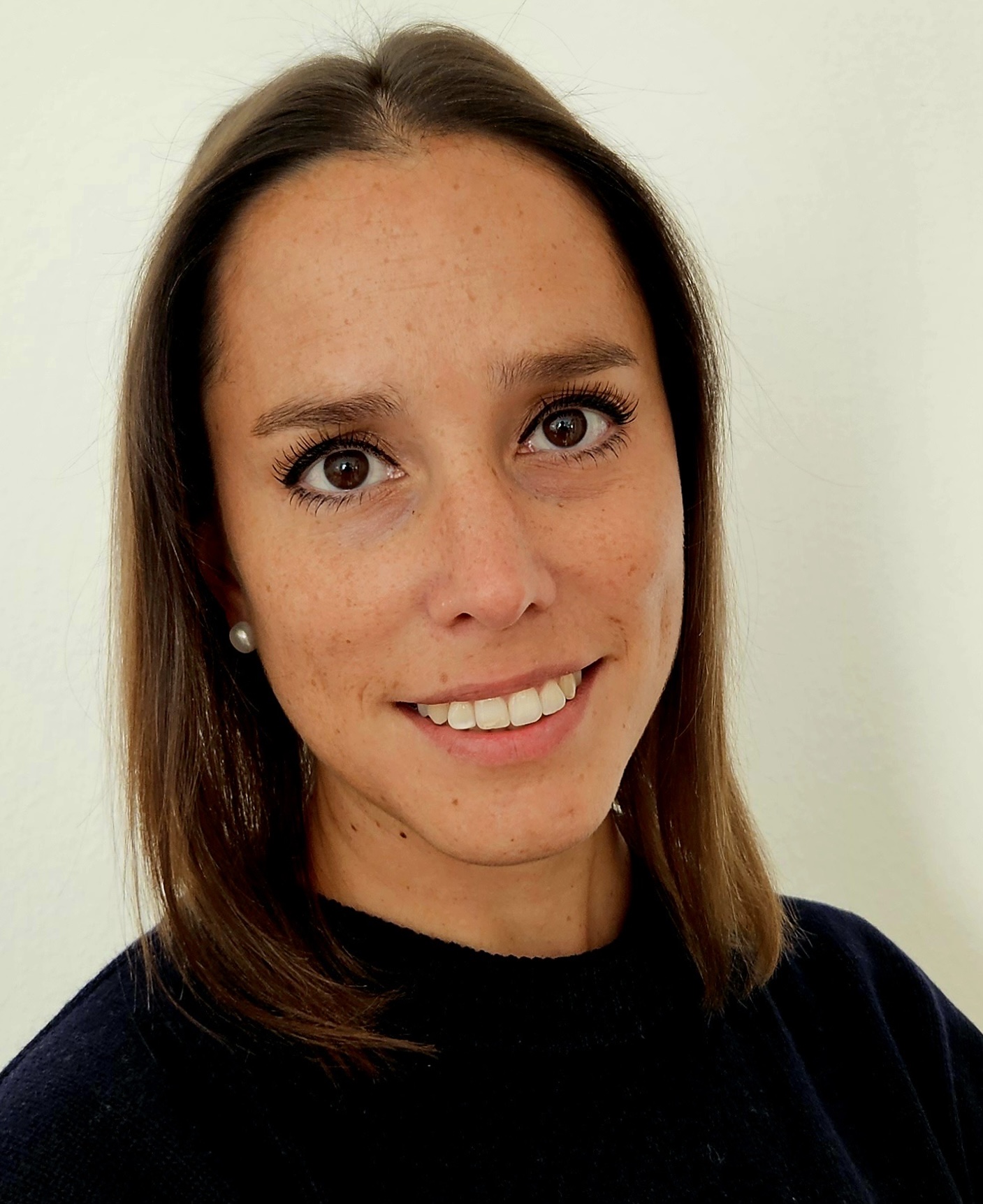 |
Research Leader CONTACT ME |
Research interest
My research centers on developing computational systems biology approaches to explore the metabolic state of immune and cancer cells. I am particularly focused on reconstructing network models, formulating computational methods, and integrating omics data, aiming to understand the impact of the tumor microenvironment on the fitness and functionality of immune cells. I am passionate about addressing key challenges and exploring new frontiers in computational systems immuno-oncology, guiding the design of T-cell engineering strategies toward defining novel cancer immunotherapies.
Background
Having completed a bachelor's degree in mathematics and a master's in applied mathematics from the University of Santiago de Compostela in Spain, I received my Ph.D. in 2020 as a Marie-Sklodowska Curie Fellow in Chemical Engineering from EPFL, the Swiss Federal Institute of Technology in Lausanne, under the supervision of Prof. V. Hatzimanikatis. My thesis focused on developing mathematical models and computational methods to study the metabolic and signaling pathways of human cells, specifically applied to investigate the metabolic reprogramming occurring in cancer cells. In addition, I worked on building human kinetic models and metabolic models of eukaryotic and prokaryotic cells. As a post-doc at EPFL, I lead several external collaborations with Roche, Nestlé, the University of Bern, and the Hospital of Lausanne (CHUV), gaining practical experience in developing methods to study the metabolic state of human cells and cell-cell metabolic interactions. In May 2022, I joined the group of Prof. G. Coukos as a senior scientist and project leader to continue developing systems biology methods and models to have a deeper understanding of the metabolic and signaling effects in T cells and the response to cancer immunotherapies.
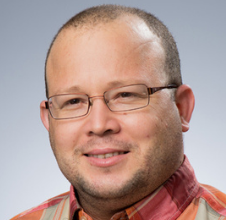 |
Sub-group scientific supervisor |
Research interest
I joined the University of Lausanne, in 2015, to do my PhD studies in cancer and immunology in the field of T cell engineering, under the supervision of Pr George Coukos and Dr Melita Irving. In 2020, I became sub-group scientific supervisor of the Hi-TIDe, led by Pr George Coukos within the Ludwig Lausanne Branch, supervising the system engineering projects.
Background
I studied medicine at Santiago de Cuba’s School of Medicine (2001-2007). I then did two years' training in general and internal medicine (2007-2009) at the Granma School of Medicine. After that, I moved to the Department of immunology of the Havana School of Medicine to continue my medical training, oriented towards clinical immunology (2009-2013). As part of my specialization studies, I did six years' research training (2007-2013) in the System biology Department of the Center of Molecular Immunology (CIM) in Havana, under the direct supervision of Dr Kalet Leon. My research training was focussed on R/Python-programming, structural modelling of proteins, mathematical modelling of immunoregulatory mechanisms and acquisition of bench-related experimental skills. In parallel, from 2010 to 2013, I did my Master's thesis, as part of the Biochemistry and Immunology Program of University of Havana. After receiving my MD Clinical Immunologist diploma (November 2013), I worked two years as a Medical research associate and Project leader in the System biology department of CIM and as Adjunct Associate Professor for clinical immunology in the Department of immunology of the Havana School of Medicine.
 |
PhD Student CONTACT ME |
Research interest
I am deeply passionate about connecting the worlds of immunology and engineering to push forward the frontier of the next-generation cancer immunotherapies. My current research, conducted in collaboration with Dr. Bruno Correia at EPFL, focuses on unleashing the full potential of the T-synthetic effector cells recently discovered in our lab. Employing cutting-edge tools in cell and protein engineering, my aim is to improve adoptive cell transfer cell products in solid tumours, amplifying the persistence and efficacy of T cells while reshaping the tumour microenvironment.
Background
I completed my BSc studies in Chemical Engineering at Politecnico di Milano, Italy, and later spent a semester at Chalmers University of Technology in Sweden, delving into molecular biology. This sparked my interest in bioengineering, leading me to pursue a MSc in Life Sciences Engineering at EPFL, Switzerland.
During my Master's, I conducted research in Dr. Li Tang’s Laboratory, focusing on altering the mechanical homeostasis of cancer cells to enhance their sensitivity to T-cell mediated killing. My transformative experience in cancer immunoengineering continued at Harvard University, where, under Dr. David Mooney's guidance, I completed my MSc thesis and worked for an additional six months on a biomaterial-based cancer vaccine.
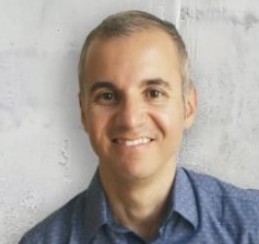 |
Research associate |
Research interest
My expertise lies in project management, in vivo mouse models for immuno-oncology, infectious diseases, and inflammation. As a member of the Hi-TIDe, I leverage partnerships and collaborations within and outside the institute, and am committed to mentoring students and research fellows in research methodology. I received the Pfizer Research Prize in 2019.
Background
I studied microbiology at the University of Antioquia and performed my master’s thesis project at Harvard Medical School. From 2012 to 2017, I carried out my PhD work on NK cell-mediated immunity at the University of Lausanne’s Department of biochemistry. I joined the Hi-TIDe in 2018.
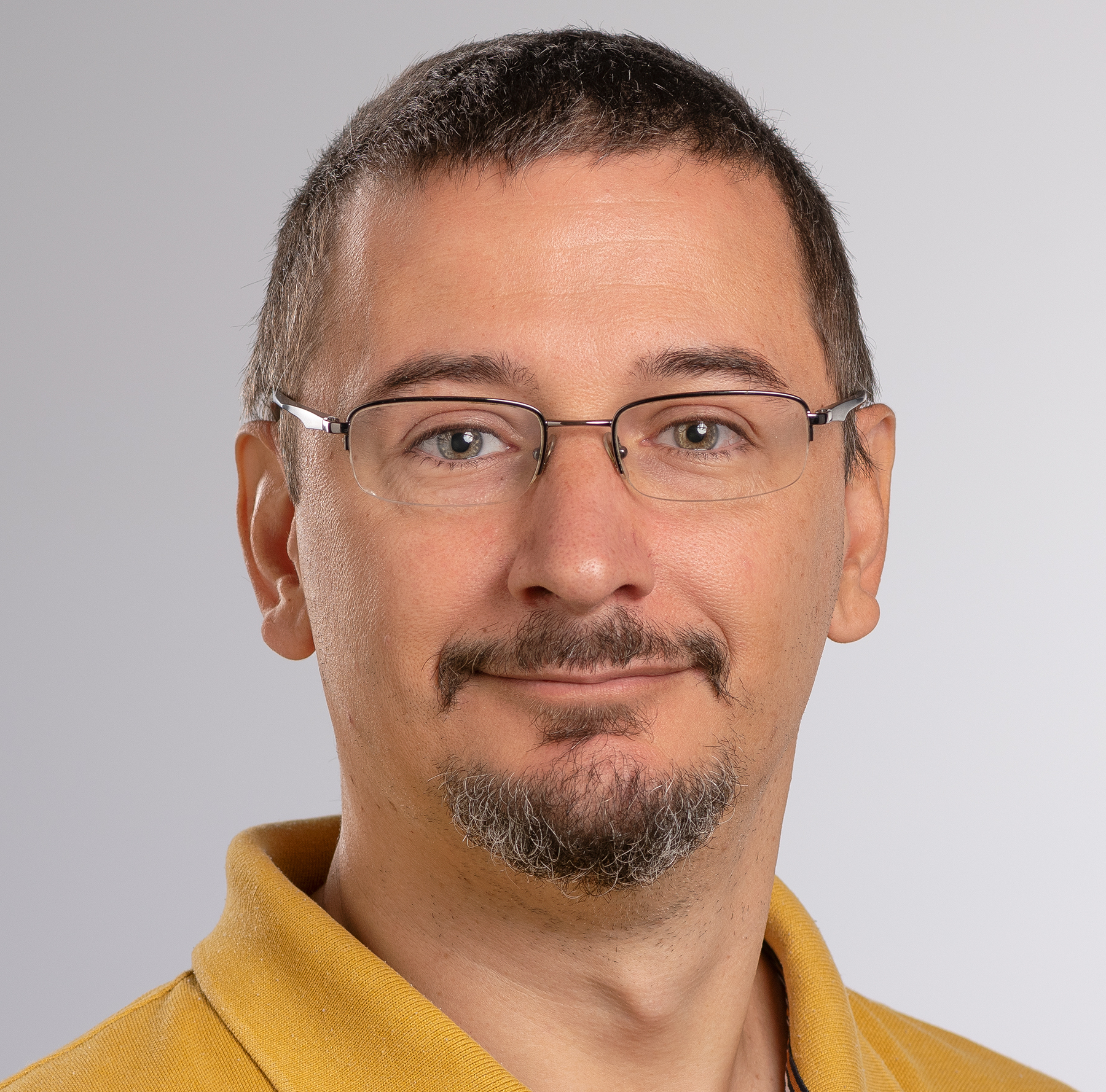 |
Senior Computational Scientist CONTACT ME |
Research interest
My current research focuses on the development of computational systems biology and machine learning approaches to unveil the underlying T cell intrinsic regulatory network that underpins CD8 T cell states. Specifically, I am working on a computational framework to systematically explore the functional heterogeneity of intratumoral CD8+ T cells. The goal is to identify suitable targets for influencing the T cell transcriptional program in a modular and scalable manner, providing guidance for T cell engineering to enhance cancer therapies.
Background
After completing my first Master's in veterinary medicine, I pursued a second Master's in Bioinformatics at Universidad Complutense (Madrid, Spain) and UNIL (Lausanne, Switzerland), followed by a PhD in Computational Biology at the Luxembourg Centre for Systems Biomedicine (LCSB) under the supervision of Prof. Antonio del Sol. My doctoral research focused on network analysis, computational models, and cellular reprogramming. Subsequently, I undertook a postdoctoral position at the Vital-IT-SIB Swiss Institute of Bioinformatics, supervised by Prof. Ioannis Xenarios. Throughout my research journey, I have developed computational tools for network analysis and provided bioinformatic support to numerous cancer research projects at academic institutions and companies, such as Ludwig Cancer Research (Switzerland), CNIC (Spain), and Luxembourg Institute of Health (Luxembourg), F. Hoffmann-La Roche AG and Boehringer Ingelheim. In January 2019, I joined the Hi-TIDe at the Ludwig Cancer Research Lausanne Branch as a senior computational scientist.
 |
Laboratory technician (also in Dangaj Lab) |
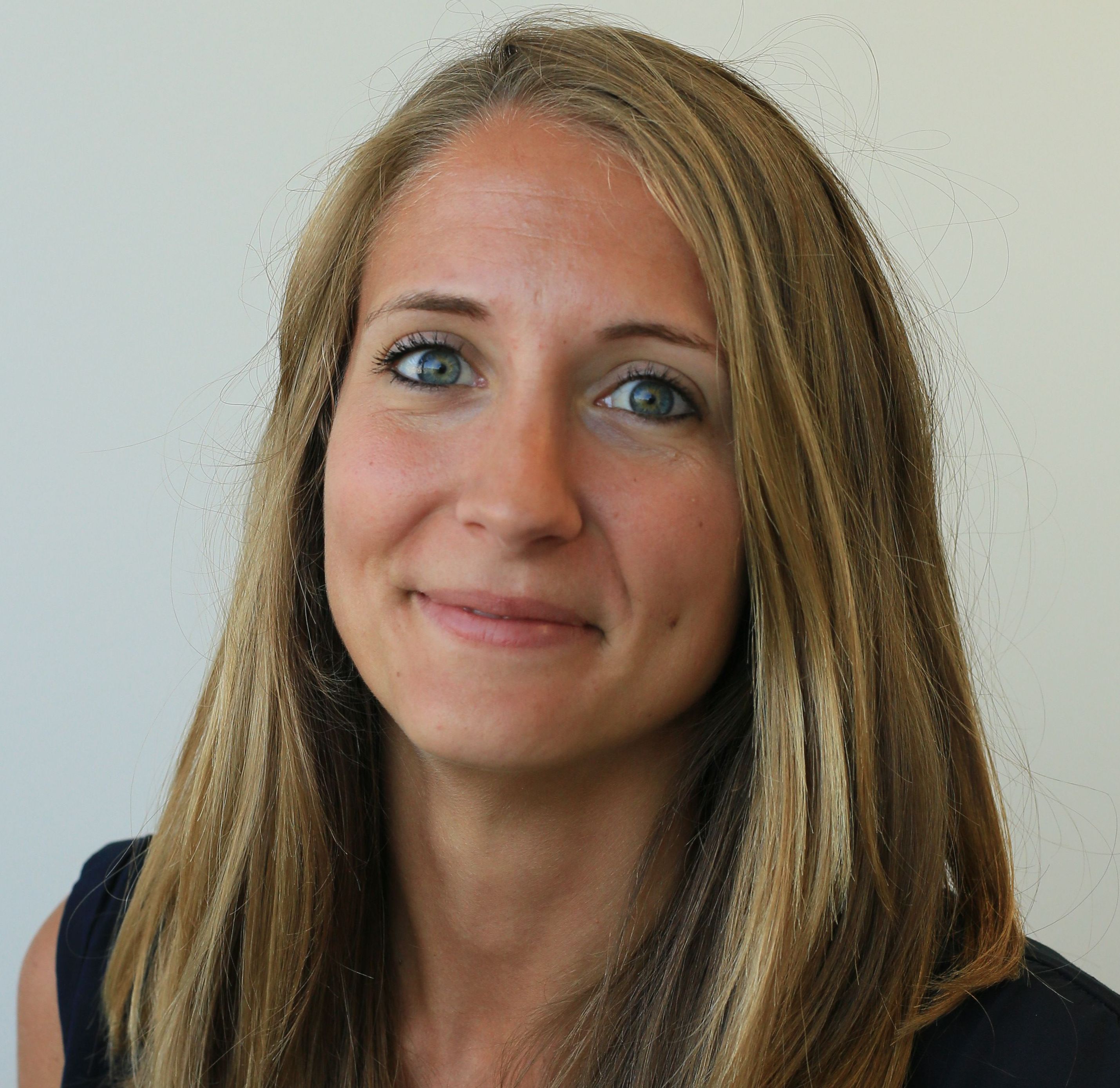 |
Postdoctoral researcher (also in Dangaj Lab) |
Research interest
I am currently investigating selective mechanisms of immuno-suppression in ovarian cancer, aiming to counteract them in order to enhance efficacy of immunotherapies within the Hi-TIDe.
Background
I received a Master’s in Bioengineering and Biotechnology from EPFL, the Swiss Federal Institute of Technology in Lausanne. I then completed my PhD in immuno-engineering at the University of Chicago in 2016, where I worked on the development of a technology to reverse auto-immunity and induce antigen-specific immunological tolerance.
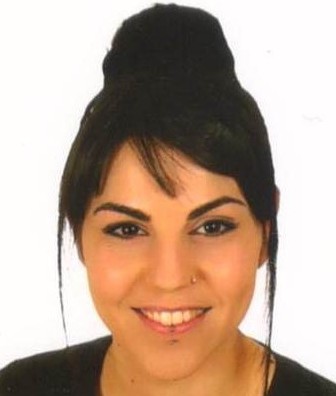 |
Postdoctoral researcher CONTACT ME |
Research interest
My research focuses on understanding how the tumor and its microenvironment negatively affect the immune system in order to use this knowledge to find therapeutic strategies capable of overcoming these limitations.
Background
I studied biological sciences at the University of Córdoba. I then joined the Master’s program in Regenerative Medicine of the University of Granada, where I continued my doctoral studies. During my PhD, my research focused on cancer molecular biology, investigating potential tumor biomarkers detectable in liquid biopsy and mechanisms of resistance and tumor promotion in different types of cancer. In October 2018, I joined the Hi-TIDe as a postdoctoral researcher.
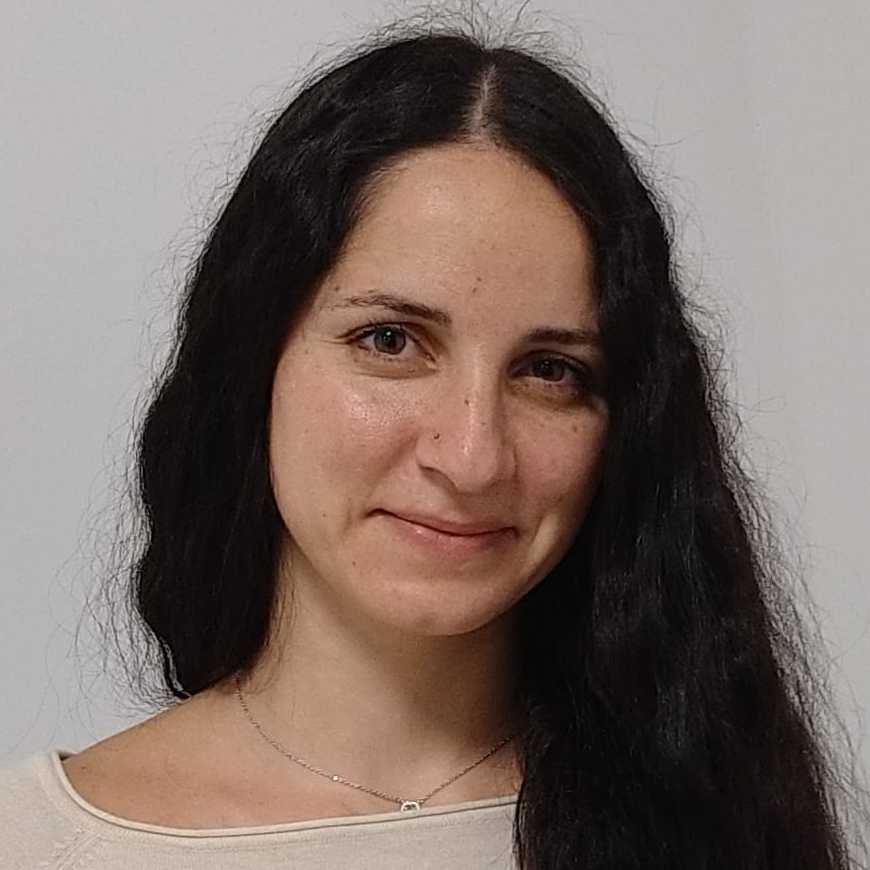 |
Postdoctoral researcher (also in Dangaj Lab) |
Research interest
I am a postdoctoral clinical scientist in the Hi-TIDe. Currently, my research interest lies in understanding molecular mechanisms of immune cell dysfunction within the tumor microenvironment.
Background
I have a background in biology, physics and mathematics having always liked looking at the questions from different points of view. Using systems biology approaches, I have studied cancer metabolism and its implication in DNA copy number alterations.
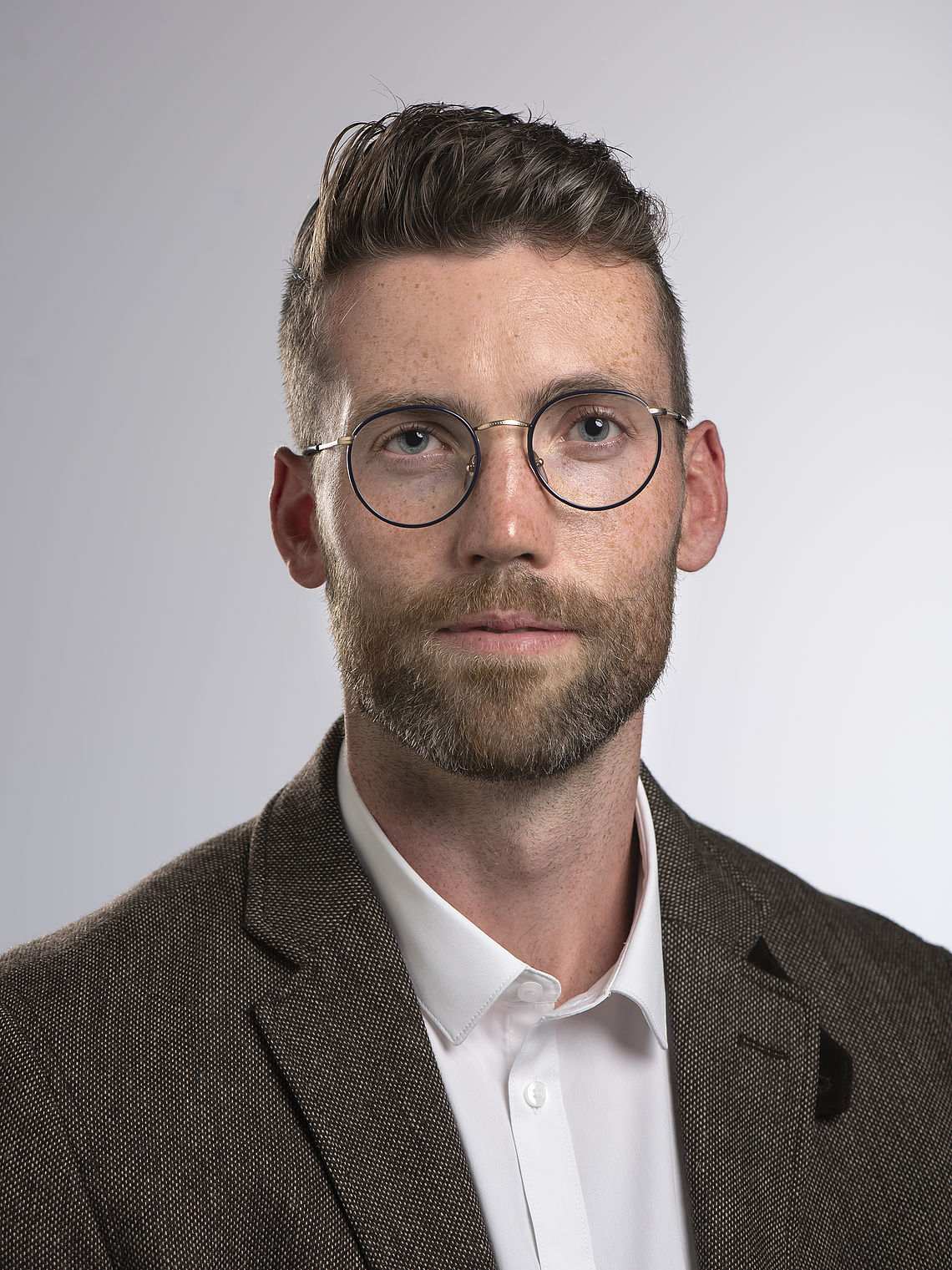 |
MD-PhD CONTACT ME |
Research Interest
My research focus is on engineering next generation cellular therapies using CRISPR/Cas9 technology and other gene editing strategies. We aim for rapid clinical translation of our work, with a first-in-human Phase I clinical trial via the CHUV Immuno-oncology clinical platform, bringing innovation to the bedside.
Background
After obtaining my MD degree at Trinity College Dublin, I completed internal medicine training in Western Australia, before specialising in medical oncology in Sydney, Australia. I moved to Switzerland in 2019 to complete a Fellowship at the CHUV, and joined the Immuno-oncology Department in 2021 as a Clinical Fellow, where we administer cellular therapies (commercial CAR T and T cell engager products), personalised TIL (tumor-infiltrating lymphocyte) and vaccine-based immunotherapies, and other early phase clinical trials. In 2023 I commenced a PhD in the Coukos lab, while maintaining clinical activity, focusing on T cell engineering and bridging the gap between cutting-edge fundamental science and patient care.
| PhD student CONTACT ME |
Research interest
The focus of my research is to optimize T cell differentiation, metabolic reprogramming and cell death resistance in order to enhance T cell fitness and anti-tumor properties for adoptive cell therapy. I am passionate about understanding the transcriptomic and epigenomic regulation of T cell differentiation/metabolic states and how can we translate this knowledge into potent anti-tumor therapies.
Background
I joined the Hi-TIDe in 2018 for one year as a Swiss Government Scholarship of Excellence fellow before starting the PhD program in 2019. My background is in biochemistry and molecular biology from the University of Havana. For my Master’s I focused on immunology and joined industry laboratories focusing on protein engineering for cancer immunotherapy. Initially, I joined Pr Kalet Leon’s Laboratory at the Centre for molecular immunology, Havana and focused on understanding and modulating regulatory T cells’ suppressive function to enhance endogenous CD8+T cell response against murine solid tumors. I then collaborated with Pr Mario Pablo Estrada’s Laboratory at the Centre for genetic engineering and biotechnology, Havana to develop next-generation fusion proteins (antibody-cytokines) as immunomodulatory agents for immunotherapy. Overall, I have gained work experience in the fields of immunology, cancer, adoptive cell therapy, protein engineering, recombinant protein expression systems and genetic engineering of bacterial and mammalian cells.
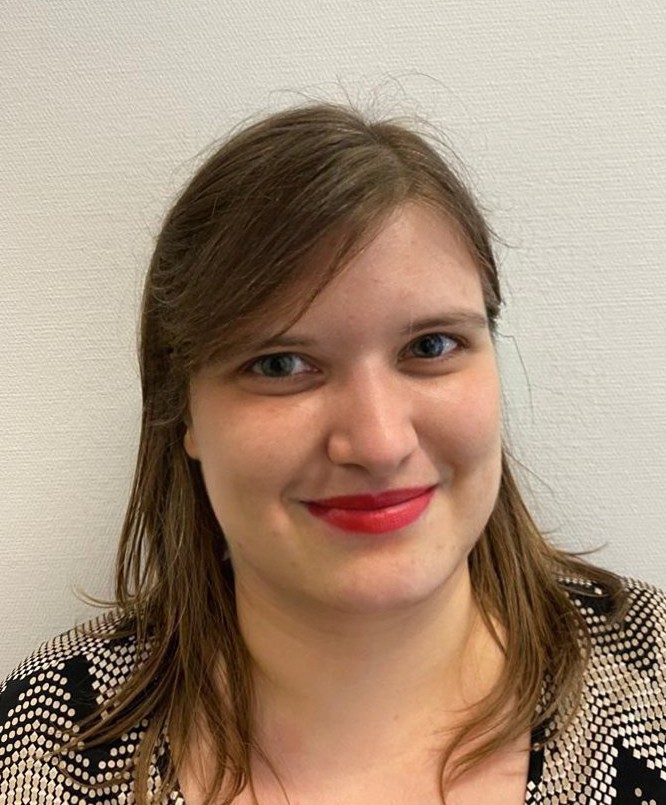 |
Research associate CONTACT ME |
Research interest
Our main research interest is to identify mechanisms that suppress intratumoral T cell immunity and develop gene-engineered T cell based immunotherapies to reprogram their function as well as the tumor microenvironment.
Background
After obtaining a master’s and PhD in Immunology at the Pasteur Institute/University Paris VI, I joined the WHO-IRTC team in University of Lausanne to decipher how Leishmania parasites modulate the host immune response. In 2010, I was promoted as Maître Assistant in Pr Fasel’s lab in the Department of biochemistry at the University of Lausanne. There, I investigated the role played by a dsRNA virus present in some leishmania strains, the so-called Leishmaniavirus. This endosymbiotic virus can act as an independent immunogenic entity resulting in an exacerbation of the host’s inflammatory response, ending in more severe form of the disease in patients.g In 2017, I joined the Hi-TIDe as Senior research associate to develop new antitumoral immunointerventions.
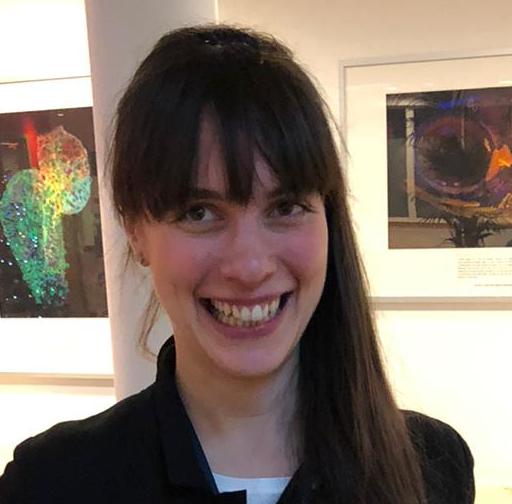 |
Postdoctoral researcher CONTACT ME |
Research interest
Harnessing the anti-tumour potential of synthetic CD8 T cells generated upon adoptive cell therapy of genetically engineered effector cells.
Background
I am originally from Athens where I studied biology at the National and Kapodistrian University of Athens. I further specialised in immunology by completing an MSc in Integrated Immunology at the University of Oxford and then went on to do a PhD in Developmental Immunology at the Weatherall Institute of Molecular Medicine and the University of Oxford. My experience in immunology research was strengthened further while working in Immunology labs in Tübingen (Germany) and Stanford (USA).
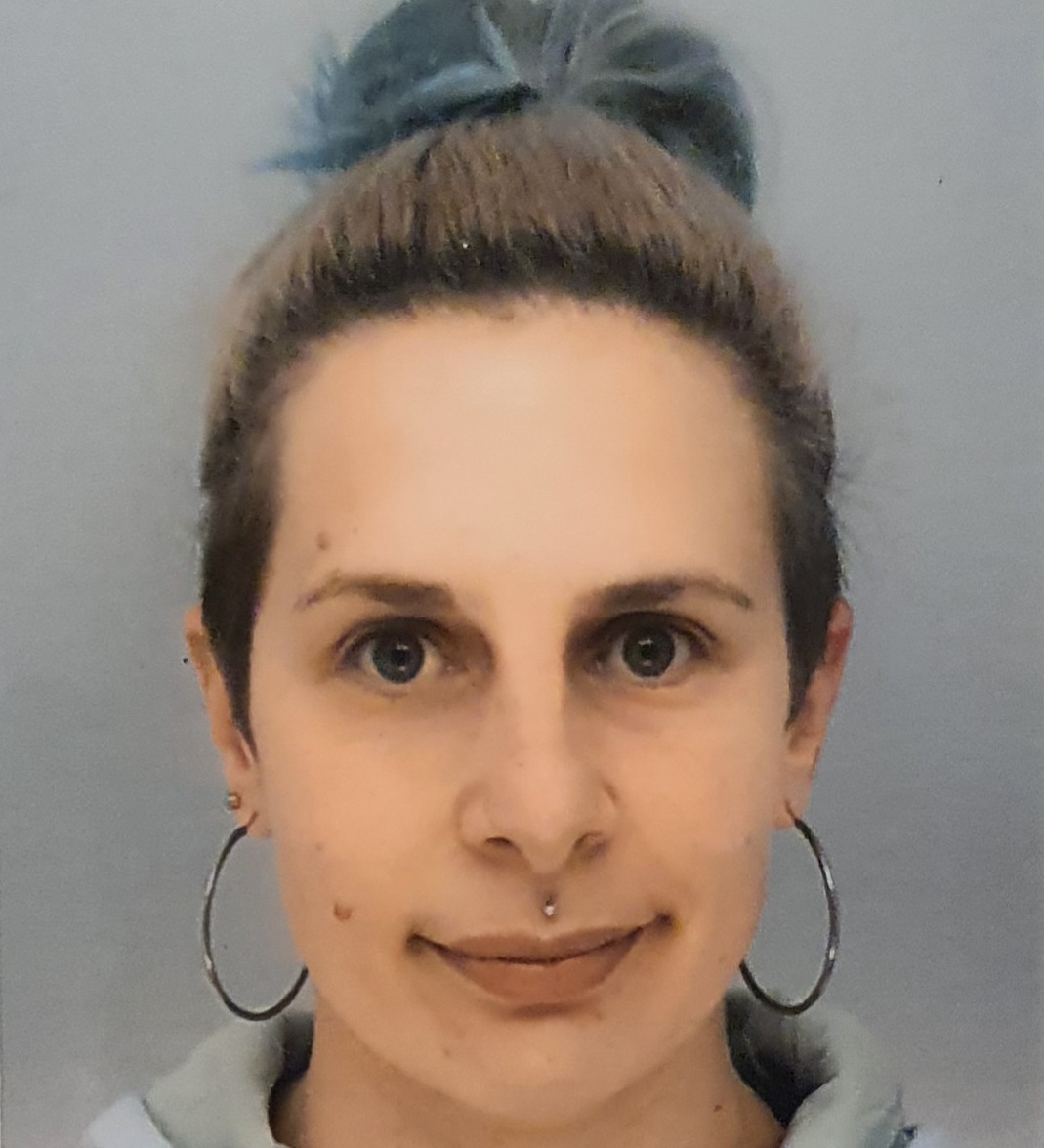 |
Technician CONTACT ME |
Research interest
My expertise is in in-vivo, cellular and molecular biology. I am interested in the identification and validation of novel cancer immunotherapies and analysing immune infiltrate upon treatment of different tumor models.
Background
I previously worked for the Centre Georges-François Leclerc, Dijon and joined the Hi-TIDe in 2018 as a laboratory technician.
CONTACT
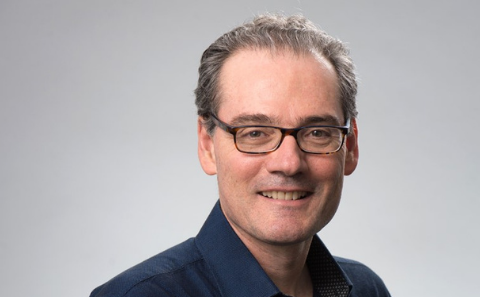
George COUKOS
Full Professor
Ludwig member
- Director of Hi-TIDe - Human integrated tumor immunology discovery engine
- Head of the Department of oncology
- Director of Ludwig Institute for Cancer Research Lausanne
Department of oncology UNIL CHUV
Ludwig Institute for Cancer Research Lausanne
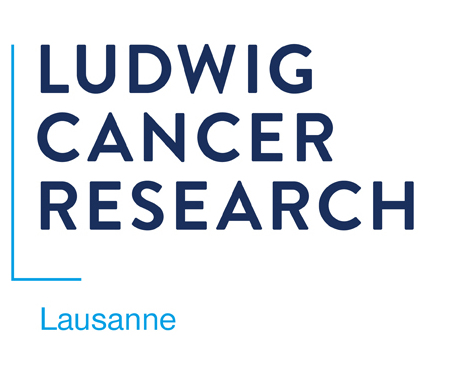
Phone +41 21 314 0627
E-mail
The Coukos Lab is based at:
AGORA Cancer Research Centre
Rue du Bugnon 25A
CH-1011 Lausanne
Switzerland
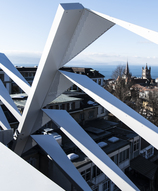
.png?t=w480)


